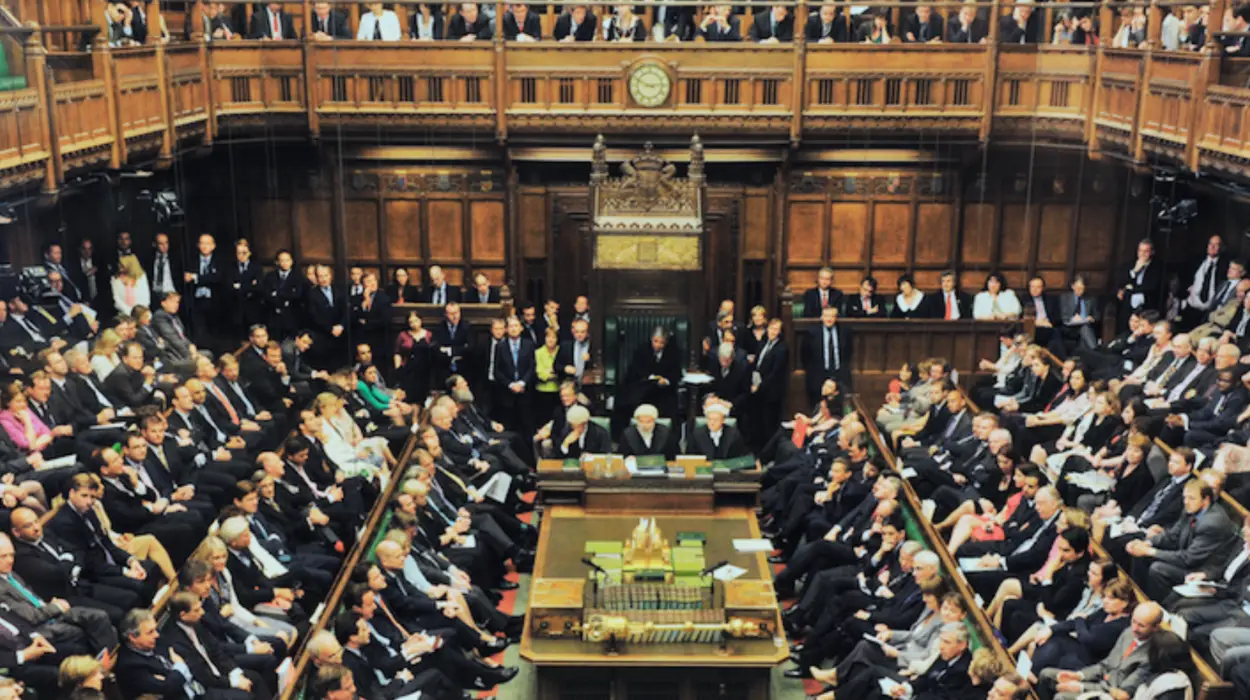The UK Parliament was officially dissolved on Thursday, 30 May 2024, marking the conclusion of all parliamentary activity in both the House of Commons and the House of Lords. This dissolution initiates the lead-up to the general election scheduled for 4 July 2024.
Impact of Dissolution on the House of Commons
With the dissolution of Parliament, all 650 seats in the House of Commons become vacant. MPs cease to represent their constituencies and are required to vacate their offices, though they may briefly return to collect personal belongings. The formal process of dissolving Parliament occurs at least every five years, as mandated by UK law, triggering a general election to elect a new set of representatives.
The Speaker of the House of Commons, like all MPs, loses their seat. However, the Speaker stands for re-election under the designation “Speaker seeking re-election” and continues managing Commons affairs until a new Speaker is elected.
House of Lords and Dissolution
Members of the House of Lords, who are appointed rather than elected, retain their positions even after Parliament is dissolved. However, all legislative activities in the Lords also come to a halt, similar to the Commons, until the new parliamentary session begins.
Government Operations During Dissolution
Despite the dissolution of Parliament, government operations continue. Ministers still lead their respective departments as their ministerial roles are separate from their positions as MPs. However, during this period, they are prohibited from using the title “MP.”
Pre-Election Period and Purdah Rules
The pre-election period, often referred to as “purdah,” introduces specific restrictions to ensure fairness and transparency throughout the election campaign. Civil servants are provided with guidance to navigate the rules during this period, which restricts certain government activities and communications.
Local authorities, such as Flintshire Council, are also subject to pre-election rules. Once the election notice is published, communication restrictions come into effect, ensuring impartiality. This period is guided by the Code of Recommended Practice on Local Authority Publicity.
Key Restrictions on Local Authorities
During the pre-election period, local authorities must adhere to strict communication guidelines. While they can continue essential activities, such as providing factual election-related information, they must avoid any communications that could be perceived as influencing voter behaviour. This includes refraining from issuing press releases that mention political candidates or parties and avoiding politically sensitive topics.
Paid advertisements must comply with the Advertising Standards Authority’s regulations, ensuring that all communications are balanced and factually accurate. Political advertising on television or radio remains strictly prohibited.
Legal Framework and Official Guidelines
Pre-election communication restrictions are outlined in Section 2 of the Local Government Act 1986, as amended in 1988. According to this law, councils are prohibited from publishing materials that may influence public opinion in favor of a particular political party. Authorities are also advised to suspend third-party material hosting and public forums that might violate these regulations.
Despite the restrictions, councils can still engage in routine activities such as budget consultations and planning applications, even if controversial. However, launching new campaigns during this period should be avoided unless legally required.
Ensuring Fairness and Compliance
A key principle during this sensitive time is ensuring fairness and transparency. Councils must remain objective and impartial in their actions, avoiding the use of public funds for any activities that could be seen as influencing the election outcome.
Local authorities should consult with their Returning Officer or Monitoring Officer for detailed guidance and adhere closely to the Code of Recommended Practice to maintain public trust and the integrity of the election process.
For more information, local authorities can refer to official guidelines to ensure compliance throughout the pre-election period.


